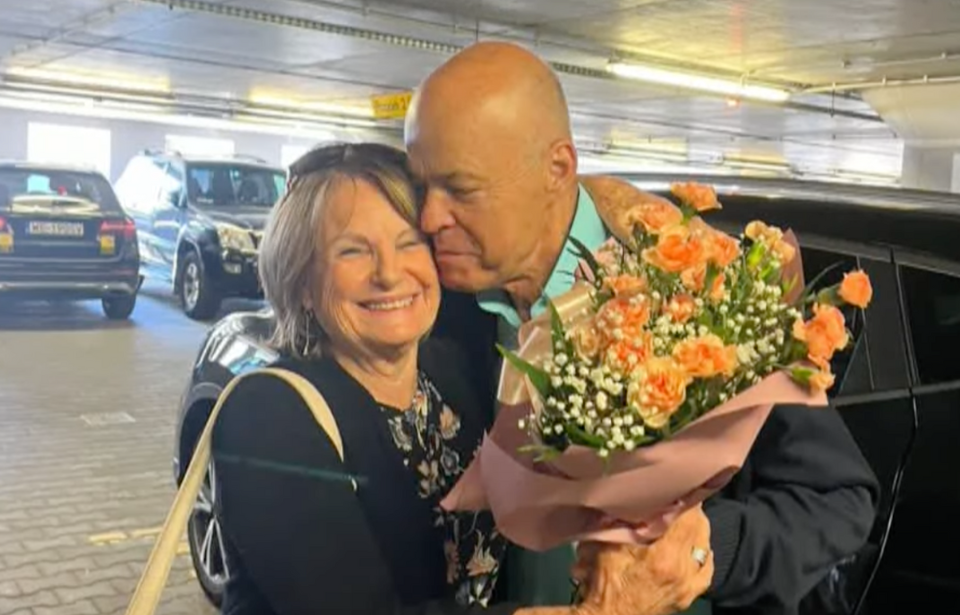Families were frequently split up during the Second World War, never knowing if they’d be reunited. While attempts were made by survivors to locate their loved ones in the post-war years, some became newly separated, as was the case of Elana Milman. A Jewish woman born to a mother living in a displaced persons camp, she was later adopted by an Israeli family.
More than seven decades later, Milman was not only able to locate her mother, but also a half-brother she didn’t know existed, leading to an emotional meeting in Poland.
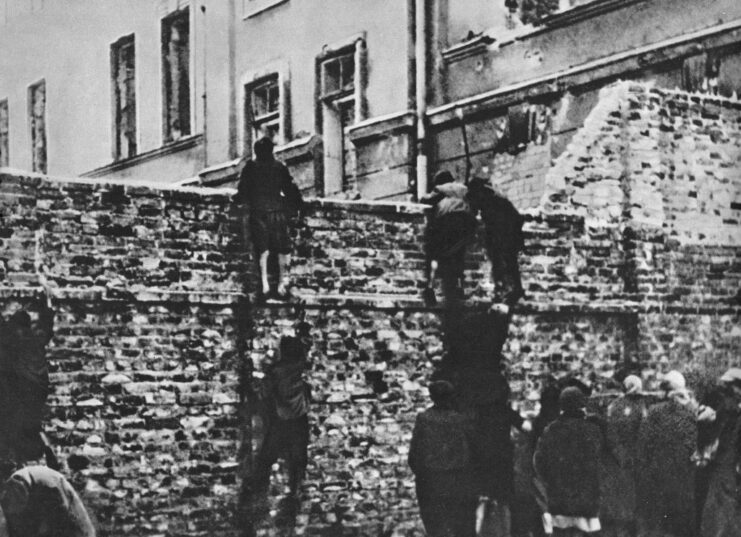
Milman learned of her adoption when she was six years old, but it wasn’t until she was an adult that she began looking into her birth family. She was eventually able to locate her mother, Franciszka Lewińska, who’d moved to Montreal, Quebec, Canada.
The pair were reunited via telephone, with Milman later moving to Canada to be closer to her mother. She learned Lewińska had escaped the Warsaw Ghetto early in the conflict, after which she survived the remainder of the conflict under a false identity. By 1947, she was living in Bergen-Belsen, a concentration camp that had been repurposed as a displaced persons camp in the direct aftermath of the war.
At some point, Lewińska and her daughter relocated to Israel, then known as Mandatory Palestine, where they both became sick with dysentery. Milman eventually caught the attention of a Jewish organization that aided in her adoption to Eliezer and Hulda Rosenfeld.
In the time they spent together, Milman was never able to get her mother to open up about her biological father. Speaking with CNN, she said, “Every time I quizzed my mother – like, what happened to her during the war and who was my father – she gave me different stories. When I bugged her too much, she said ‘the only thing I can tell you is that he was a very good singer and dancer – and very handsome.'”
After writing her book, The Secrets My Mother Kept, Milman began using genealogy to try and piece together the rest of her birth family. She learned her father wasn’t Jewish, as she was half Ashkenazi Jew on her mother’s side and Eastern European through her paternal side, according to the DNA results.
Through continued work, she was able to develop a full family tree, which not only included her biological father, Eugeniusz Gorzkoś, but also a half-brother.
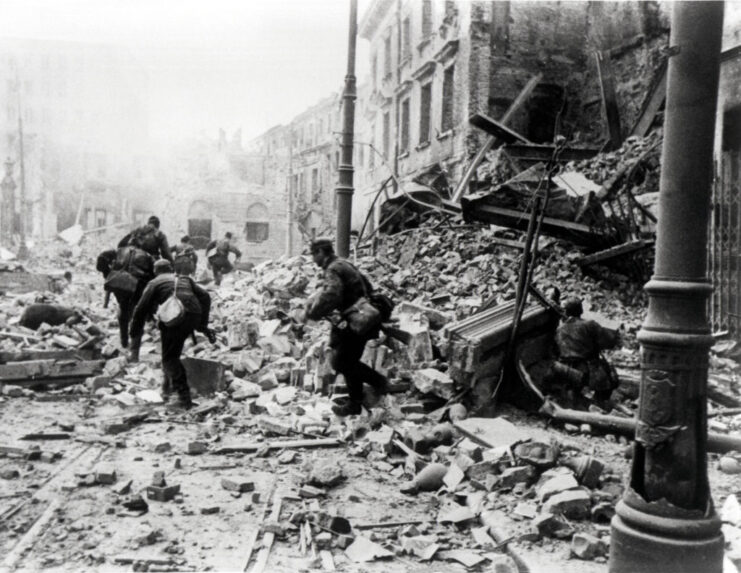
According to Milman, she was able to find out that her father, a Catholic Pole, had fought for the Resistance during the Second World War – in particular, the Polish Home Army. Serving as a platoon sergeant during the Warsaw Uprising, he was wounded in an attack on an anti-aircraft battery.
He later became a prisoner of war (POW) after he was caught distributing underground newspapers and was interrogated by the Gestapo. Following the conflict, he spent time at a displaced persons camp.
“I didn’t know too much about my father, because he died 58 years ago, I was still a child,” Milman explained to Notes From Poland. “I know only that he fought in the Warsaw Uprising, was wounded in the elbow and sent to a camp in Germany, which later became part of the British zone.”
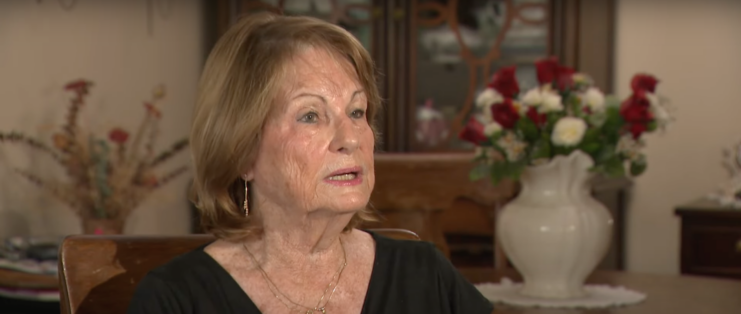
Upon learning she had a half-brother, Milman reached out, with 72-year-old Juliusz Gorzkoś receptive to the unexpected news. The pair had their first meeting over Zoom. “I saw a bold round face, smile, good eyes and I had a very [good] feeling that we are going to get together very quickly,” she told Global News.
While the pair had initially planned to meet in June 2024, the trip was cancelled, due to the ongoing conflict in the Middle East. They rescheduled, with Milman eventually arriving in Poland to meet her half-sibling face-to-face.
Along with getting to know each other, Gorzkoś was able to give his half-sister more information about their father, including the fact he played the violin – an exciting tidbit for her to learn, as she, too, had played the instrument.
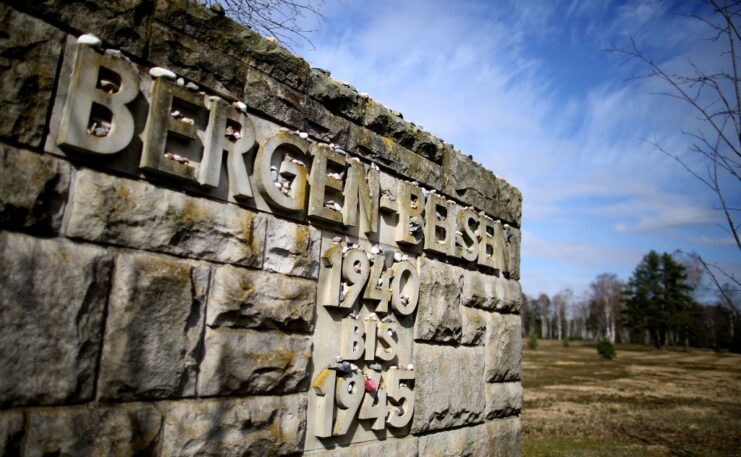
More from us: US Navy Takes Delivery of Destroyer Named for MoH Recipient John Basilone
Milman told CNN that she was “so happy” to have reconnected with her half-brother, saying about the end of her search, “I finally closed the circle of my belonging – both paternal and maternal.”
